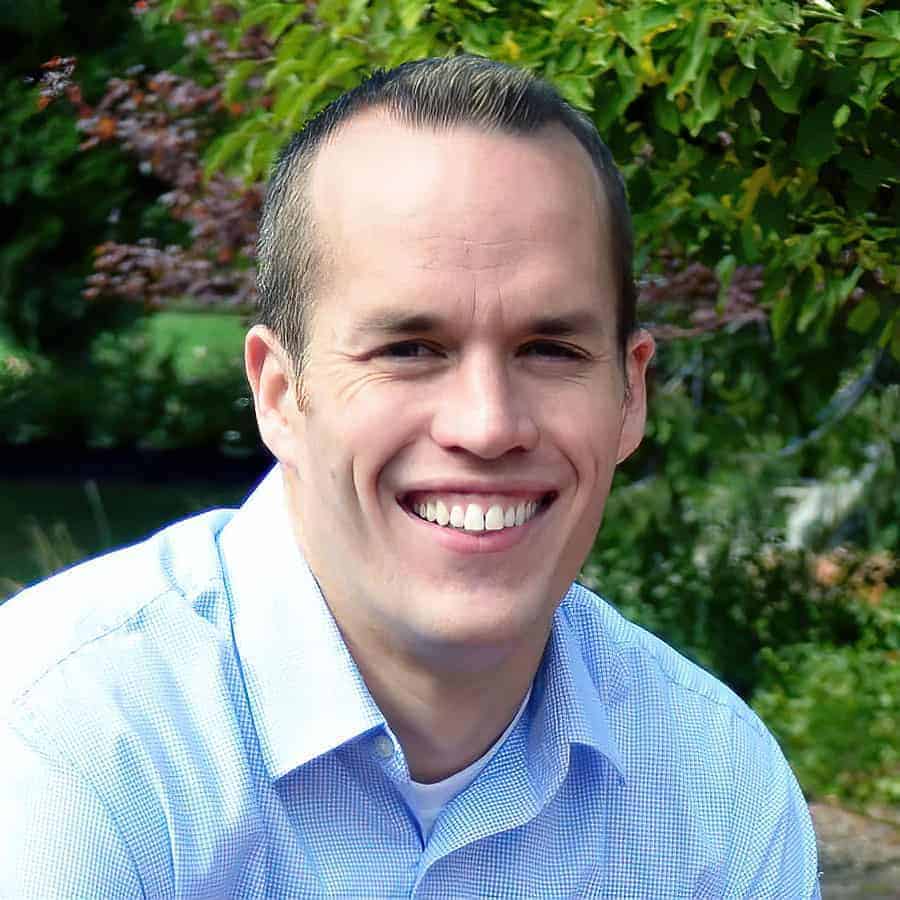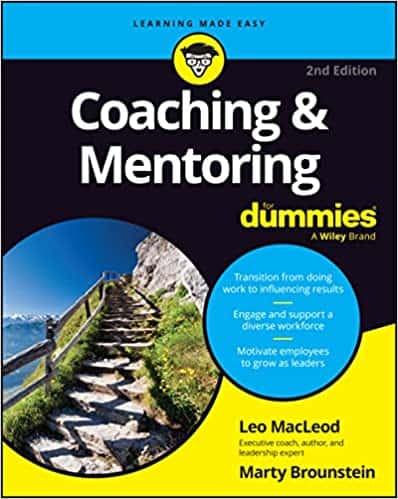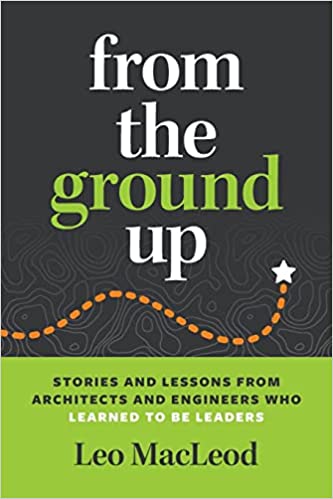In this episode, we talk to Leo MacLeod, an executive coach and EQ skills trainer who shares insights from his upcoming book called “Coaching & Mentoring for Dummies.” He focuses on three critical steps to transition from a doer to leader. These steps include setting goals, aligning ambitions with company objectives, and developing essential skills. Leo will also shed light on the transformative power of delegation, coaching, and the importance of learning to prioritize.
***You can view the video version of this episode here.***
Engineering Quotes:
Here Are Some of the Key Points Discussed About From Doer to Leader:
- To Transition from a Doer to a Leader, Follow These Three Steps:
- Determine your personal and professional goals for the next three years and assess progress toward them.
- Evaluate whether your company’s goals and objectives align with your ambitions and if they can support your growth.
- Identify and develop the necessary skills, such as networking, presenting, and business development, that align with your goals to advance toward your destination.
- When faced with a task, you have three options: delegate it, ignore it, or shrink it. Utilizing these strategies can assist you in moving from your current position toward your desired destination. Remember, there is a formula for handling anything that comes to your desk.
- Delegating work can be a challenge as it may involve relinquishing something you enjoy and find fulfilling. Additionally, you may feel responsible for ensuring quality and worry about whether someone else can deliver the same level of service to your clients. It can also be frustrating when others don’t do things the way you do, take longer, or seem indifferent. To overcome these hurdles, acknowledge these emotions and begin by delegating small tasks.
- Coaching involves nurturing individuals to enhance their skills and abilities, enabling them to assume additional responsibilities and advance their careers. By doing so, you can reduce their workload and increase their productivity while retaining valuable employees. Rather than hiring and training new personnel, coaching enables existing employees to take on new challenges and grow within the organization. Investing in coaching can help you retain talent and achieve long-term success.
- Learning to say “no” is a crucial aspect of time management. It involves being intentional with how you allocate your time and defending it from external demands. By saying “no” to tasks or requests that do not align with your priorities or goals, you can create space for activities that matter most to you.
- Leo’s upcoming book, “Coaching & Mentoring for Dummies,” is set to release in July 2023 and focuses on five pillars for effective coaching and mentoring. The first pillar is prioritizing important and expected tasks. The second pillar is actively engaging with individuals, their career goals, and their work. The third pillar involves helping individuals develop not only in their current job, but also in their overall career. The fourth pillar is holding individuals accountable through constructive feedback, guidance, and honesty. Finally, the fifth pillar is cultivating gratitude toward those being coached and mentored.
More in This Episode…
In the Take Action Today segment of the show, Leo talks about the importance of making an accurate to-do list every day.
About the Guest, Leo MacLeod

About the Host, Jeff Perry, MBA

You can connect with Jeff on LinkedIn at https://www.linkedin.com/in/jeffcperry/ or visit his website, https://morethan-engineering.com. Jeff also has a new, FREE, on-demand training course for engineers who are job searching or in job transitions. You can see it at https://engineeringcareeraccelerator.com.
Resources and Links Mentioned in This Session Include:
Connect with Leo MacLeod on LinkedIn
Visit Leo MacLeod website
From the Ground Up: Stories and Lessons from Architects and Engineers Who Learned to Be Leaders
Pre-order Coaching and Mentoring for Dummies
The Boys in the Boat: Nine Americans and Their Epic Quest for Gold at the 1936 Berlin Olympics
Books Mentioned in This Episode:
Coaching & Mentoring For Dummies (For Dummies (Business & Personal Finance))
From the Ground Up: Stories and Lessons from Architects and Engineers Who Learned to Be Leaders
This Episode Is Brought to You by SFPE

We would love to hear any questions you might have or stories you might share on switching from doer to leader in the four steps of engineering leadership development.
Please leave your comments, feedback, or questions in the section below.















